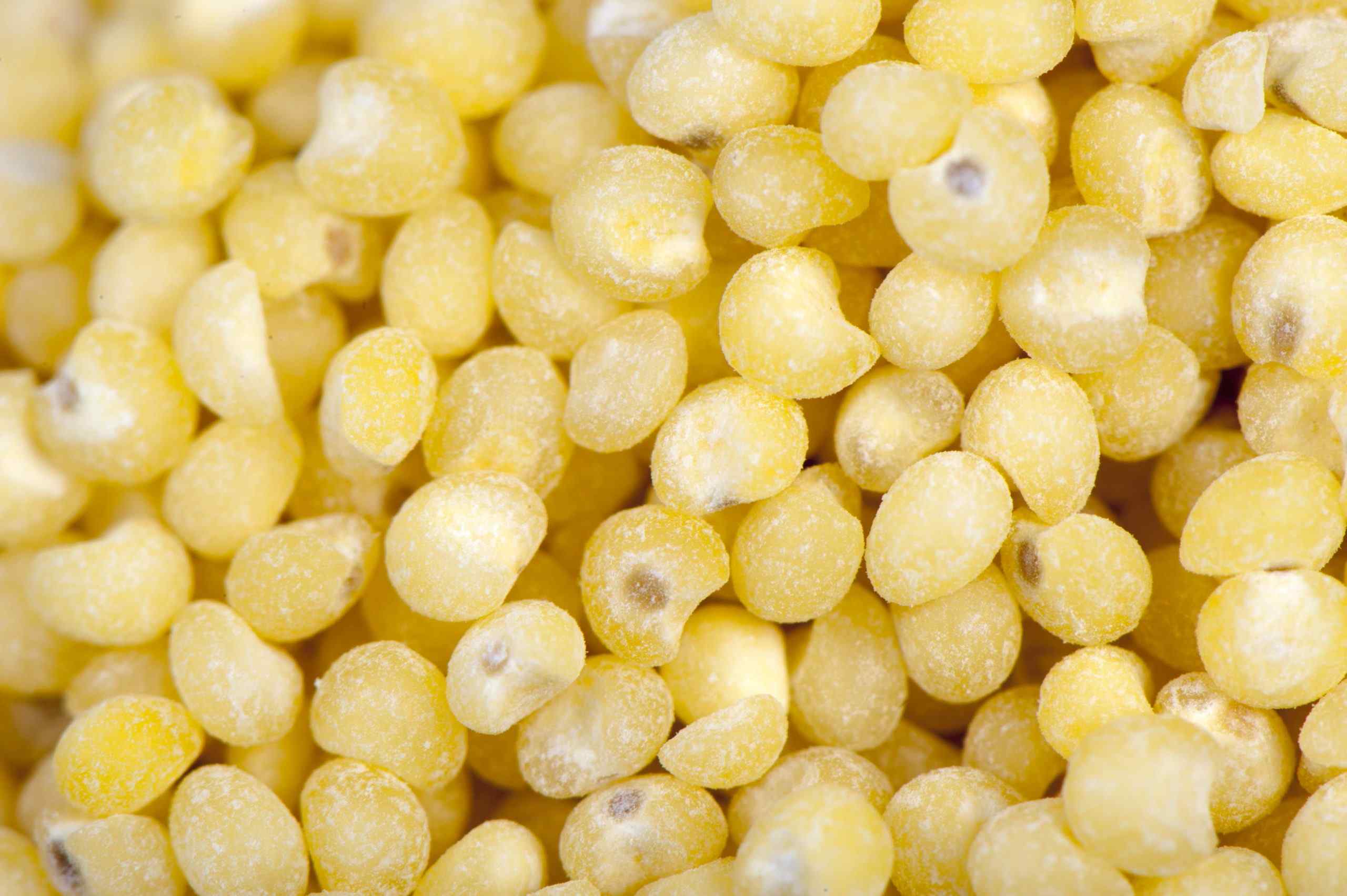Foxtail millet, also known as Italian millet, is one of the popular millet. The scientific name of foxtail millet is Setaria Italica.
Foxtail millet is originated from China (1). Because of its medicinal uses, it’s spread all around the world.
In India, people mainly use it for making dosa, bread, Pongal, and khichdi.
In this article, we will find out the 8 impressive health benefits of foxtail millet

Health Benefits Of Foxtail Millet:
1. High in nutrients
Foxtail millet is a rich source of fiber, protein, zinc, and magnesium.
It also contains a reasonable amount of iron and calcium, both of which are essential for our bone health.
Nutrition Facts
100 grams of foxtail millet provides the following nutrients (2).
- Calories: 331 kcal
- Carbohydrate: 60.9 grams (20% of the daily value)
- Fat: 4.3 grams (7% of the DV)
- Protein: 12.3 grams (22% of the DV)
- Fiber: 8 grams (32% of the DV)
- Iron: 2.8 mg (16% of the DV)
- Calcium: 31 mg (3% of the DV)
- Potassium: 250 mg (6% of the DV)
- Zinc: 2.4 mg (21% of the DV)
- Magnesium: 81 mg (20% of the DV)
2. May help manage diabetes
Foxtail millet has a moderate glycemic index (GI) of 59 (3), which means it will not spike your blood sugar levels quickly.
Also, it is incredibly high on dietary fiber and low on carbs, which can slow the release of sugar into the bloodstream.
Moreover, research says that eating foxtail millets may help reduce the rise in post-meal blood sugar levels (4).
Hence, foxtail millet could be an excellent alternative to white rice for people with type-2 diabetes (5).
3. May help in weight loss
Obesity is a common health problem for many of us. Being overweight increases the risk of many diseases, including diabetes, heart diseases, and kidney diseases.
Foxtail millet is exceptionally high in fiber and protein, both of which may keep you full for longer. Also, the abundance of protein in foxtail millet may help build muscles.
Moreover, a study on rats showed that the consumption of foxtail millet effectively reduces body weight and fasting blood sugar levels (6).
4. May help relieve constipation
High-fiber content in foxtail millet improves your digestion and eases constipation.
Also, the consumption of fiber-rich foods lowers the risk of heart diseases, hypertension, stroke, and diabetes (7).
5. May strengthen your brain function and nervous system
Foxtail millet boasts plenty of B vitamins such as thiamin (B1), riboflavin (B2), niacin (B3), and folate (B9).
All of these B vitamins are essential for your nervous system and brain function (8).
Also, foxtail millet is rich in antioxidants, such as flavonoids (9). Flavanoid protects neurons from inflammation, which may improve your memory function (10).
6. May strengthen your immune system
Foxtail millets are rich in vitamin A, vitamin E, iron, folic acid, and zinc.
All these micronutrients are essential for our immune system. Therefore, regular consumption of foxtail millets might help improve your immunity (11).
7. May help reduce blood pressure
Foxtail millet contains a considerable amount of potassium and magnesium, which may help reduce blood pressure.
Additionally, research on rats reveals that the protein in foxtail millet has antihypertensive effects, which may prevent related heart diseases (12).
8. Gluten-free
Like all other millets, foxtail millet is also gluten-free. Hence, it is ideal for those who are allergic to gluten.
Conclusion:
Foxtail millet is a powerhouse of nutrients. Its low GI makes it ideal for diabetes. The fiber and protein in foxtail millets promote weight loss. Therefore, it can be a valuable alternative to rice and wheat.